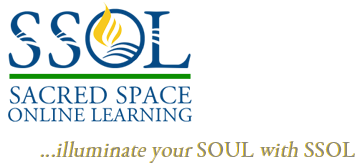Courses at a Glance:
All four courses in this series are offered through sessions which run every four weeks. We suggest sticking to the weekly schedule to the best of your ability. If for whatever reason you fall behind, feel free to re-enroll in the next session.We also suggest that you start each course close to the beginning of a month in order to increase the number of peers in the discussion forums who are working on the same material as you are. While each course can be taken independently, we suggest you take the four courses in order.
Course 1 – Think Again I: How to Understand Arguments
Course 2 – Think Again II: How to Reason Deductively
Course 3 – Think Again III: How to Reason Inductively
Course 4 – Think Again IV: How to Avoid Fallacies
About This Course in the Series:
We encounter fallacies almost everywhere we look. Politicians, salespeople, and children commonly use fallacies in order to get us to think what they want us to think. Think Again: Fallacies will show how to identify and avoid many of the fallacies that people use to get us to think the way they want us to think.
In this course, you will learn about fallacies. Fallacies are arguments that suffer from one or more common but avoidable defects: equivocation, circularity, vagueness, etc. It’s important to learn about fallacies so that you can recognize them when you see them, and not be fooled by them. It’s also important to learn about fallacies so that you avoid making fallacious arguments yourself.
Suggested Readings
Students who want more detailed explanations or additional exercises or who want to explore these topics in more depth should consult Understanding Arguments: An Introduction to Informal Logic, Ninth Edition, Concise, Chapters 13-17, by Walter Sinnott-Armstrong and Robert Fogelin.
Course Format
Each week will be divided into multiple video segments that can be viewed separately or in groups. There will be short ungraded quizzes after each segment (to check comprehension) and a longer graded quiz at the end of the course.
Learn more about this online course from Duke University (via Coursea).




